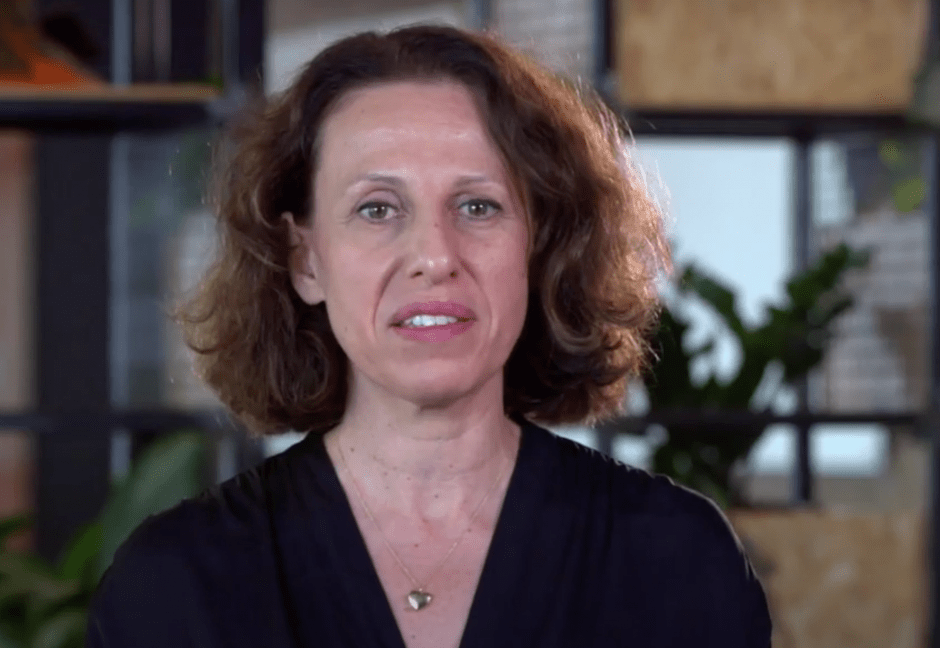The Covid-19 pandemic has put the spotlight on a number of critical issues facing the retail sector – and with the Co-op Group putting its AGM online under lockdown, those issues had a dominant place on the agenda.
Questions of digitisation and member participation, environmental sustainability and inequality were at the centre of the morning’s discussions, and chief executive Steve Murrells warned members that “going back to normal is not an option”.
But he said the Group had its members and community networks as a resource, leaving it well-placed to offer a flexible response to coming challenges – from a post-Covid recession to the climate crisis.
Issues facing the world need co-operation, he added, and the Co-op Group is prepared to demonstrate its co-op values as a leading example.
Mr Murrells paid tribute to the hard work and compassion shown by the Group’s workforce during the Covid-19 crisis – including the 5,000 extra staff hired for the emergency – and acknowledged that frontline teams had put their own health at risk. “Our business has stepped up to meet this extraordinary challenge,“ he said. “It shows what co-operation can do when it matters most.”
He gave the example of the Group’s Co-operate app – which connects volunteers to those in need – as “a national initiative working at a hyperlocal level’ which can maintain community spirit”.
Related: Co-op retailers respond to Covid-19
Lockdown has forced a drastic rethink of how to achieve member representation across the co-op movement, which has responded with a wave of webinars, Zoom meetings and online AGMs.
The Group’s own AGM saw a handful of socially distanced senior figures on livestream from its Angel Square headquarters, with others participating via webcam from their homes, and pre-filmed speeches. More than 800 delegates viewed the event on YouTube, and the lively discussion that took place in the sidebar is an indication of how member participation might look in the digital age.
Members also posted questions in the sidebar, which were fielded by Mr Murrells, alongside Group chair Allan Leighton, head of food Jo Whitfield, remuneration committee chair Stevie Spring, chief financial officer Shirine Khoury-Haq and National Members Council president Nick Crofts.

Such emergency measures could leave a lasting legacy, members were told. Mr Crofts said the Members Council has been sourcing questions ahead of council meetings, and during meetings via social media. One motion to the Group’s AGM had been crowdsourced online by Kat Rose, who sits on the Members Council for the Yorkshire and Humber region.
Mr Crofts added: “We can be more ambitious and want more members involved for their insight, passion, understanding of issues like Fairtrade.”
Related: The resilience of the co-op economy
The digital working innovations developed in response to social distancing could also mean lasting changes to working practices. Mr Murrells said his team would come back with a full review of how the Group and its colleagues want to operate going forward, in terms of flexibility and home working. “Do we need large offices any more?” he asked. But he said the changes would leave ‘a stronger Co-op”.
The latest annual results – presented to the AGM by Ms Khoury-Haq – were healthy, with a 50% rise in underlying profit. But the impact of Covid-19 and likely recession means the Group faces an uncertain period.
Stevie Spring said the retailer is doing its best to increase pay, with the minimum rate for frontline colleagues rising from £8.38 to £9 an hour from 1 April – a 7% increase; this means it has risen 25% in four years.
But she said the coming year will be difficult to plan for and the Group has to balance pay issues with its need to invest.
The impending recession could also alter stocking policy in the Group’s food stores. Responding to member questions on why there are not more own-brand products – which are cheaper and earn member rewards – on the shelves, Mr Murrells said an economic squeeze will increase demand for own-brand goods, and stores will have to make space for them.
He said the acquisition of mutual grocery chain Nisa had given the Group huge reach to sell its own-brand products in another 500 stores, which also brings cost advantages in terms of buying scale.
Referring to protests in the US sparked by the death of George Floyd, Mr Murrells said diversity is also an important issue for the Group, adding that it has strong representation at board and executive level.
Related: How can food retail in a new economy cater for all?
Colleague wellbeing is also important, said Mr Murrells, adding that particular care has been taken for the mental health of team members in the funerals division, who are under extra pressure during the Covid-19 crisis.

He said the Group’s work on mental health follows on from its campaign on loneliness and social isolation; with regard to the funerals colleagues, there are weekly calls to team managers so to offer support and understand the challenges they face.
Covid-19 has also put pressure on the Group’s suppliers overseas, including Fairtrade producers, and Jo Whitfield said the retailer had been allocating targeted emergency help to those affected.
Asked why there was not more promotion for Fairtrade Fortnight (24 February-8 March) in Group stores, Mr Murrells said the retailer maintained its leading commitment to Fairtrade but suggested the Fortnight might enjoy a higher profile if moved to another time of year, when there are no competing promotions.
Covid-19 has brought issues around inequality and the environment to a head, said Mr Murrells. People are now aware that “we haven’t been in our cars, our industries haven’t been harming our planet” and that the world now needs a way forward. Tackling the climate crisis will be “front and centre of our plans going forward”.
He said he hoped this would become the norm of how businesses work; he also wants harness the community spirit prompted by the pandemic into something more lasting.
“We’ve see overwhelming expressions of kindness, compassion and solidarity,” he said. “The growing neighbourliness is very welcome but we’ve got to turn it from a temporary reaction to crisis into something that’s going to last.
“There are experiences from recent weeks that we should take with us and behaviour from before lockdown that we may want to leave behind. So let’s aim to go forward with something that’s better than the old normal.”
He added that some people had been hit harder than others and that shocks always come harder to the vulnerable, and Covid-19 has unveiled great inequalities in society.
Co-operative values, and the Group’s experience and assets, and its embedded place in its communities, leave it well placed to tackle these issues in the challenging period to come, he said. “In decades to come we will judge ourselves and be judged by others on how well we responded in 2020 and the years ahead.”
The business will have to adapt to the coming recession and the fact that Covid-19 virus will be present for years to come, he added, with “some tough choices to make,” he warned. “This is not going to be easy.”
- Final results for the 12 motions put to members are due on Monday but all have been approved, the AGM was told. These include a motion for the Members’ Council committing the Group to do more to address climate change; and two from independent co-op societies: one calling on the Group to expand its vegan range, the other to confirm its ongoing support to the organisations in the wider infrastructure of the co-op movement.
- Margaret Casely-Hayford was re-elected as a member-nominated director.